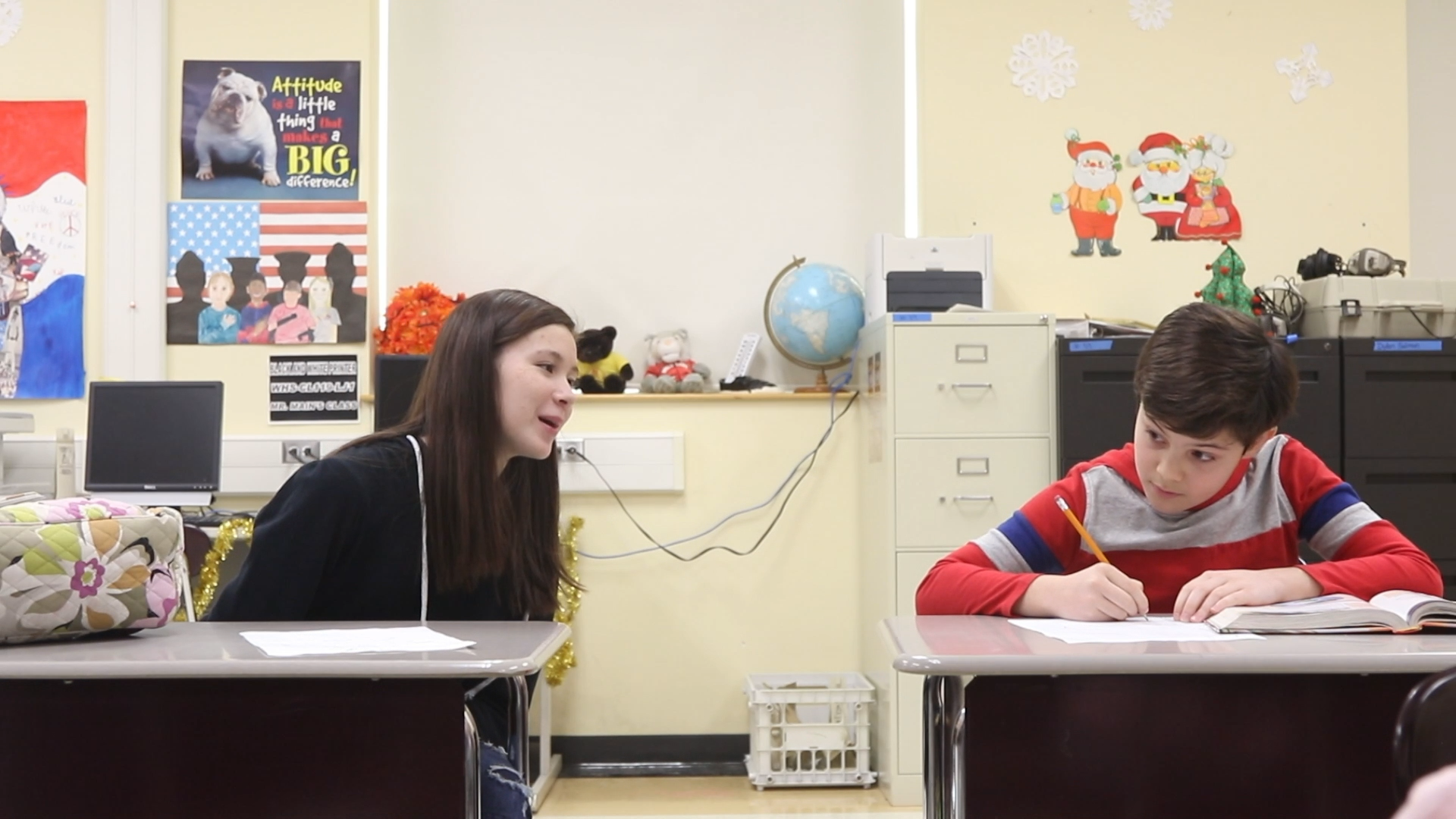Introduction
Being Tuned In is a crucial skill for students in Special Education, as it helps them develop an awareness of their own actions and the actions of others around them. It ensures that their behavior aligns with the current situation and fosters a positive environment for everyone involved. In this blog post, we will discuss a no-prep activity for educators to teach this skill, along with discussion questions and related skills to enhance students’ abilities to Tune In.
No-Prep Activity
This activity, called “Listening and Observing,” requires no preparation or materials from the educator. It is designed to help students practice being Tuned In to their surroundings and the actions of others.
- Have students sit comfortably in a circle.
- Ask students to close their eyes and take a few deep breaths to relax.
- Instruct students to listen carefully to the sounds around them and observe their own thoughts and feelings.
- After a few minutes, ask students to open their eyes and share what they noticed during the activity.
- Encourage students to discuss how being Tuned In can help them better understand their environment and the people around them.
Discussion Questions
- Why is it important to be Tuned In to our surroundings and the actions of others?
- Can you think of a situation where you were not Tuned In and it caused a problem? How did it make others feel?
- How can you practice being more Tuned In to the actions of others and your own actions in different situations?
- What are some benefits of being Tuned In for both ourselves and others around us?
- How can being Tuned In help us develop better relationships with our peers and teachers?
Related Skills
Teaching students to be Tuned In is just one aspect of Social-Emotional Learning. Some other related skills that can help students develop a well-rounded understanding of their own actions and the actions of others include:
- Empathy: Understanding and sharing the feelings of others.
- Active Listening: Paying full attention to the speaker, asking questions, and providing feedback.
- Self-Awareness: Recognizing one’s own emotions, strengths, and weaknesses.
- Self-Regulation: Managing one’s own emotions and behaviors in different situations.
- Conflict Resolution: Resolving disagreements and finding solutions that satisfy all parties involved.
Next Steps
Now that you have learned about the importance of being Tuned In and some related skills, we encourage you to explore more Social-Emotional Learning resources. Sign up for free samples of skill-building materials at Everyday Speech and start implementing these valuable lessons in your classroom today.






